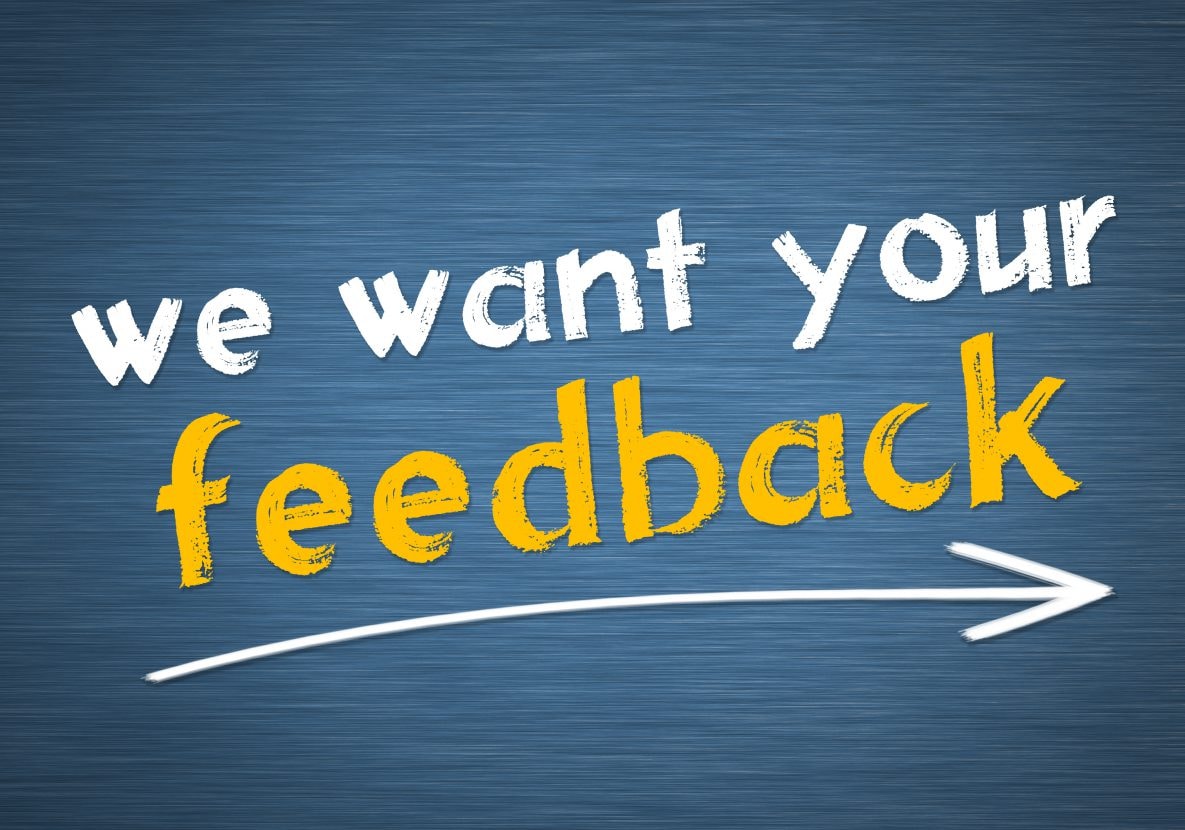The Office of Superintendent of Public Instruction (OSPI) invited the Washington State Coordinator for Action for Healthy Kids to the Health and Physical Education Cadre Meeting to provide professional development on Wellness Policies. What transpired? Through collaboration, two school districts revised and adopted district Wellness Policies.
To be most effective, look beyond the immediate team to see how your cadre can partner with other professionals or organizations with experience, resources, and expertise that can supplement your cadre’s capabilities.
Partnerships lead to sustained conversations and awareness where activities are more likely to be designed to meet identified needs.
As your organization grows in professional capacity, outcomes of effective partnerships include:
- Increased contributions from staff because of improved skills and knowledge.
- Better planning and implementation of programs, practices, and policies.
- Synergy through collaboration to increase quality, quantity, or cost-effectiveness of programs, practices, and policies.
- Better alignment of goals among cadre members, the cadre itself, and the organization.
Successful Partnerships
Characteristics of successful partnerships include:
- Mutual respect.
- Coordination of administrative responsibility.
- Reciprocal roles.
- Shared participation in decision making.
- Mutual accountability.
- Transparency.
